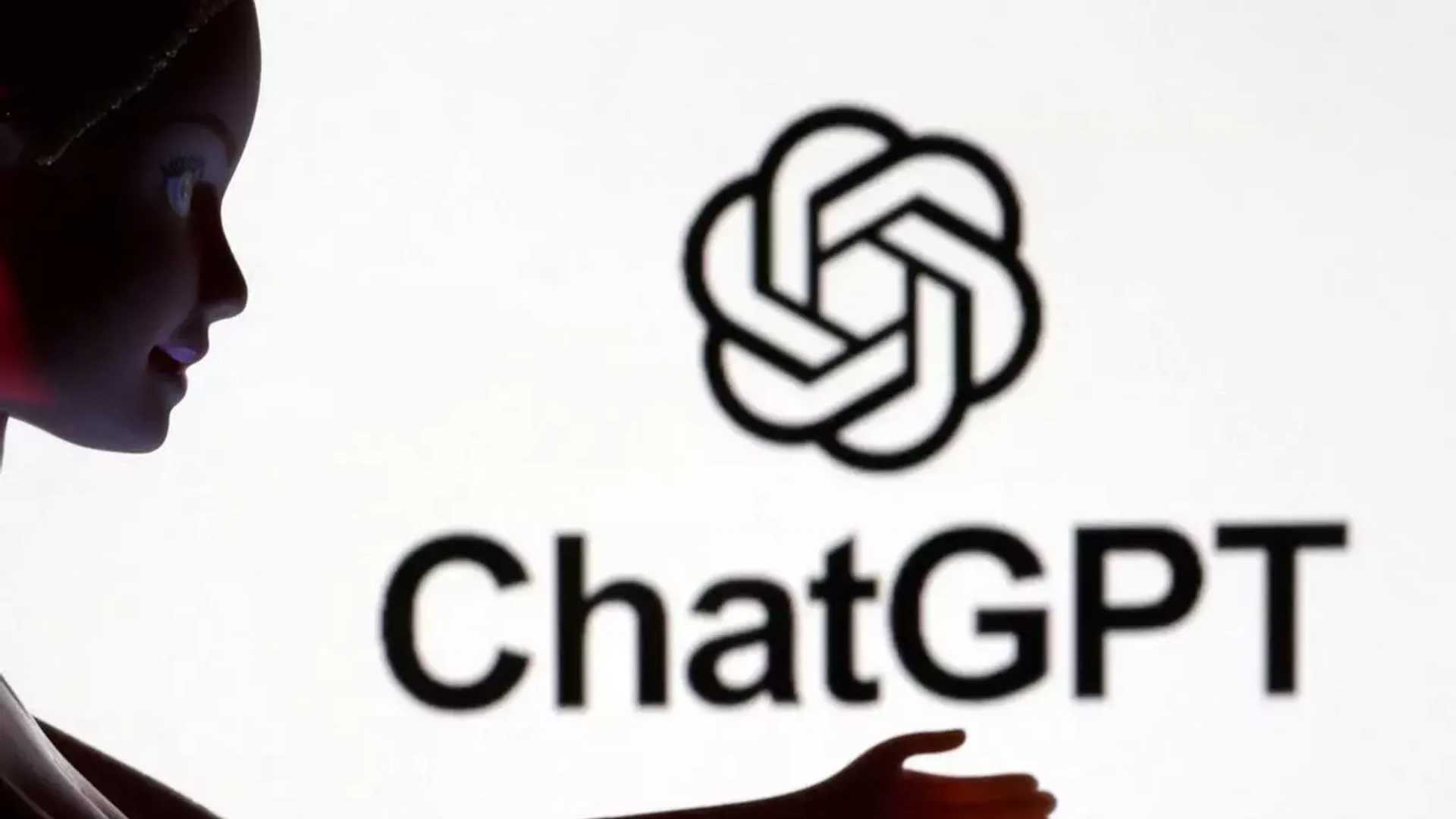ChatGPT sparks AI investment bonanza leading to global tech boost
The world is witnessing a major shift towards the adoption of artificial intelligence (AI) technologies, with the recent release of ChatGPT leading the charge. Developed by the AI research and development company OpenAI, ChatGPT has already garnered a user base of over 100 million since its launch in November 2022, prompting other tech giants like Google and Alibaba to release their own versions as well.
Investors from various parts of the world, including Shanghai and Silicon Valley, are now pouring tens of billions of dollars into startups specialising in "generative AI" in what some analysts predict could lead to a tech investment boom. This could lead to an increase in jobs globally and an even more interconnected world as AI becomes more widespread.
Generative AI allows for the creation of high-quality text, software code, music, video, and images. Companies and organisations have quickly discovered ways to integrate generative AI into functions such as customer services, marketing, and software development and analysts say the enthusiasm of early adopters will likely have a massive snowball effect.
David Foster, co-founder of Applied Data Science Partners, a London-based AI and data consultancy, notes how generative AI is being integrated into tools that companies already have, like Microsoft Office, so they do not need to make huge upfront investments to benefit from the technology.
Startups do not need to reinvent what has already been created. Instead, they can focus on adapting the current generative AI platforms for specialist uses, including cures for cancers, smart finance, and gaming. As a result, small startups will make creative use of the technology, even though they didn't create it themselves.
Recent research by Deutsche Bank showed that total global corporate investment into AI has grown 150 per cent since 2019 to nearly $180 billion (€164 billion), and nearly 30-fold since 2013. The number of public AI projects rose to nearly 350,000 by the end of last year, with more than 140,000 patents filed for AI technology alone in 2021.
While the US has led the world in AI development, China has recently closed the gap with India. China is now responsible for 18 per cent of all high-impact AI projects, compared to 14 per cent for the US, according to Deutsche Bank.
Despite East-West economic dominance concerns, the real threat is how an authoritarian government like Beijing could further use AI to control not only its population but the rest of the world. However, this fear could be overblown as China's leaders have their own anxieties over the power of algorithms.
Europe, meanwhile, is struggling to match the hunger of its US and Asian tech counterparts in the generative AI space due to investor risk aversion. Nevertheless, there are potentials stars emerging, including the German plan to create a European AI infrastructure known as LEAM and the Heidelberg-based startup Aleph Alpha.
The emergence of ChatGPT and the fast-paced developments around it will have a profound impact on the tech sector and the world in the coming years.




















